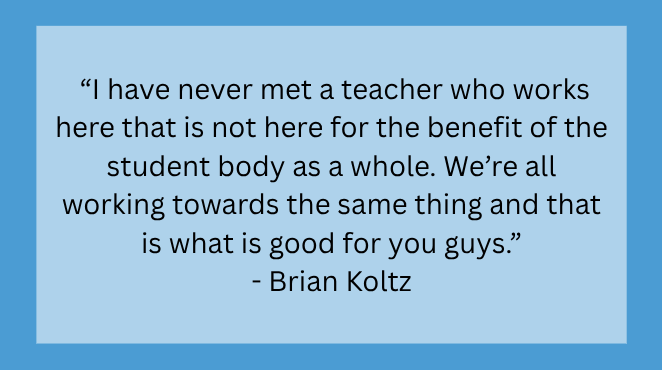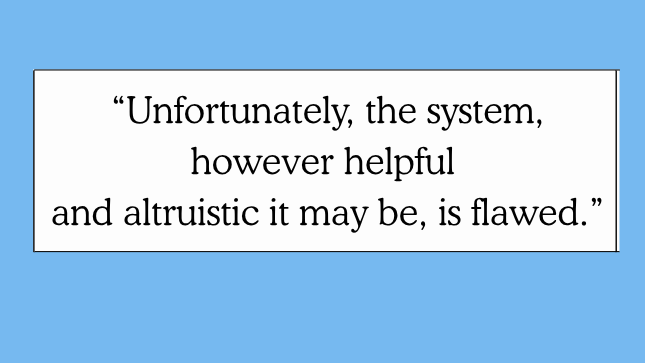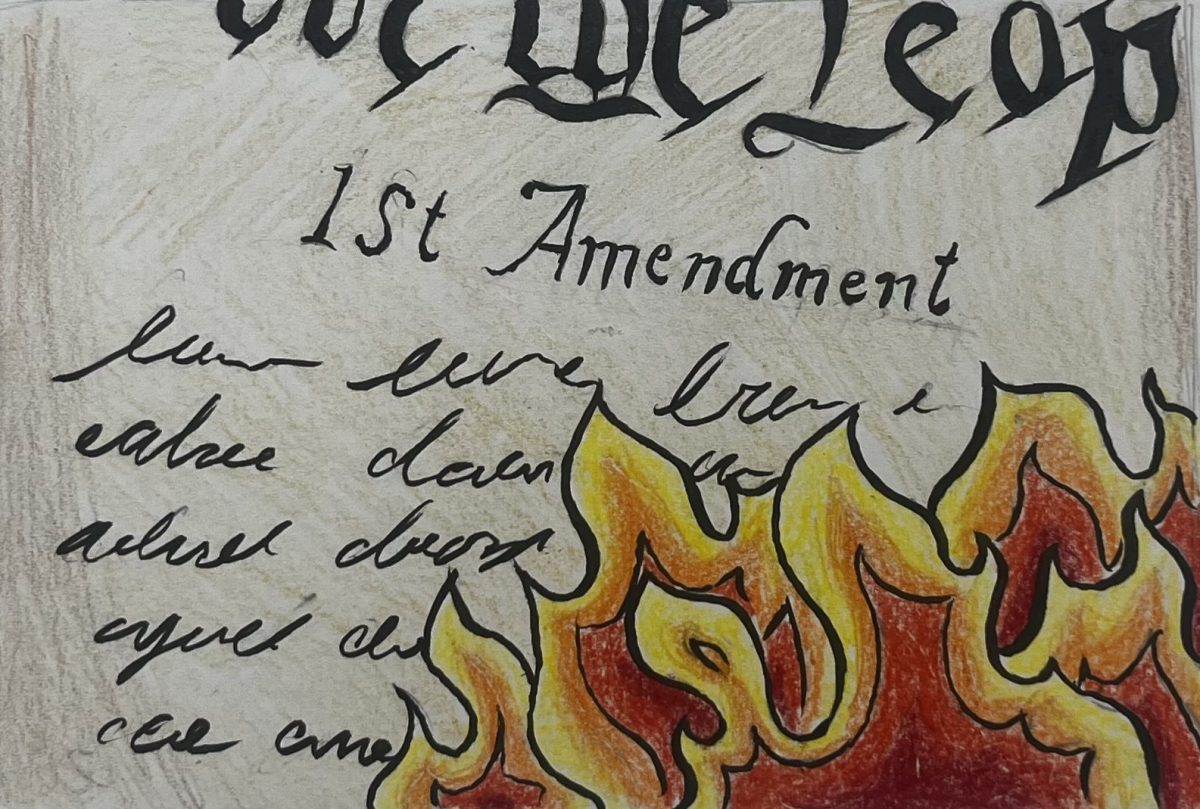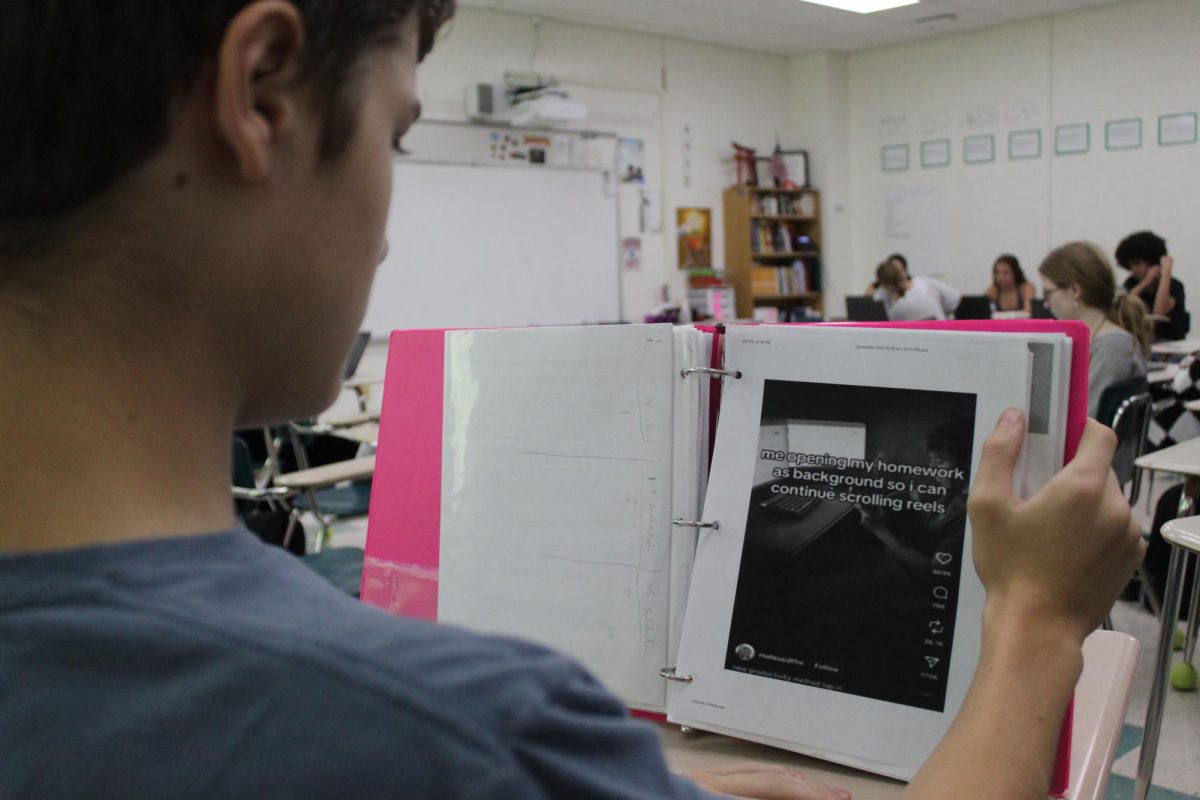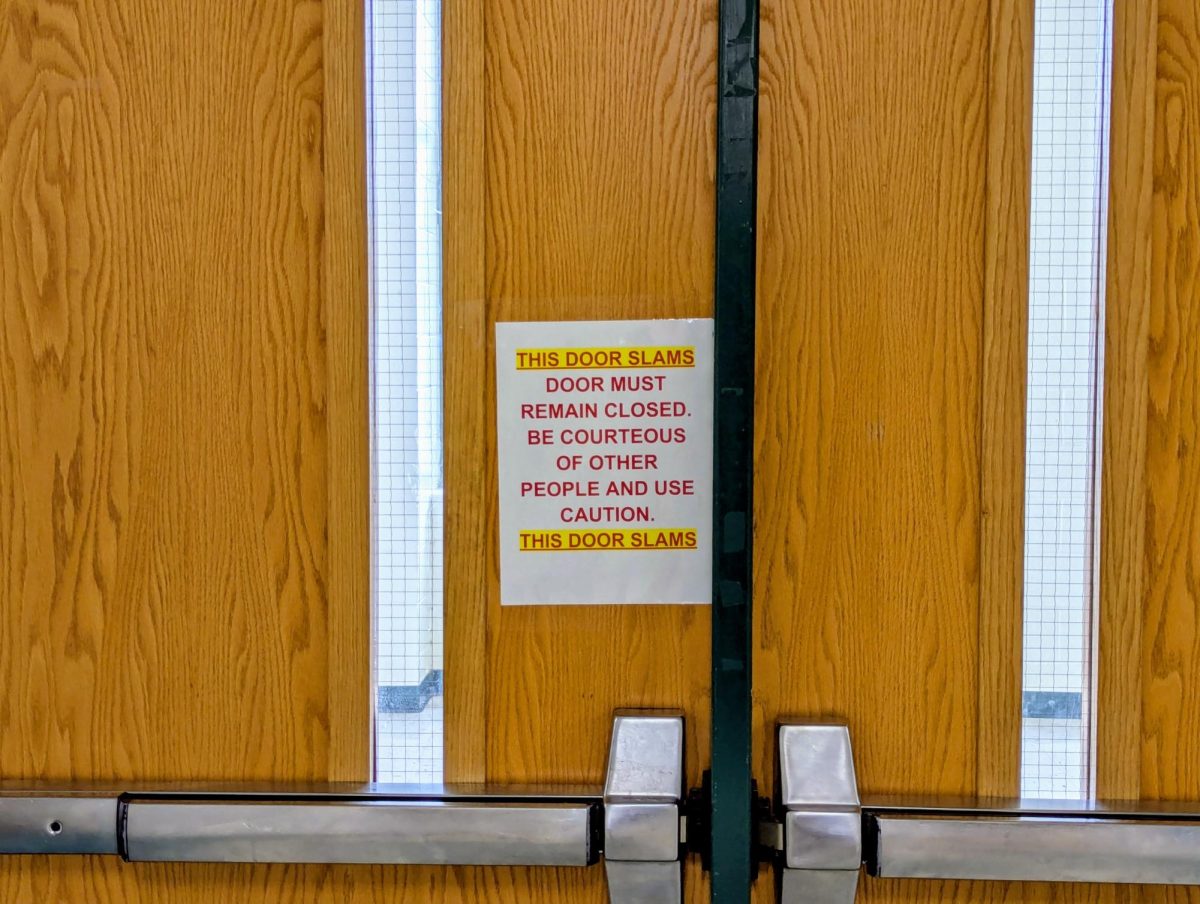Tests, as we know, are the common enemy of the student population. The stress before them and the chance for our grade to plummet into the abyss is a struggle we are all familiar with. However, our district has decided to try and alleviate some of our troubles by giving us the opportunity to bypass our final exam, as long as it’s not required by the state. All we have to do is not miss more than six days of school per semester! Seems fair enough, right? Unfortunately, the system, however helpful and altruistic it may be, is flawed.
CHCCS’ policy states that any student with fewer than six days absent per semester may be exempt from a final exam in the form of a test, project or product. These exams count for 20 percent of your final grade. In a change from last year, students who meet the requirements for exemption can still take the final, but if it lowers their final grade, it won’t be added to the gradebook.
So far, all the elements of the policy sound quite reasonable. But, if we take a closer look at what counts as an absence for the policy, it is clear that it disregards students with chronic illnesses or just any consistent external conflict. Chronic diseases and mental issues are valid reasons for students to miss school, and because it is not a situation that is the fault of the student, or even within the student’s control, they shouldn’t be dealt a worse hand than the rest of us.
We talked to a few students who have been struggling with the updated policy to get their opinion.
Freshman Esther Beardsley explained to us how she feels angry about the encouragement to come to school with this policy, even while sick. She feels that diseases could spread more with students getting sick and remaining in school.
Since “sick days” aren’t exempt from this policy, students are less likely to stay home, even when the illness warrants it. This leads to sicknesses spreading, and the cycle continues.
To give the district some credit, there is a form you can fill out and submit to the administration pleading your case. As far as we know, it specifically applies to medical problems, and you need proof of the illness to be submitted. According to receptionist Sharie Walker, the proof needed is a doctor’s note that records the ailment.
This brings a host of problems, most notably that many people do not have the funds to go to a doctor for an illness that is not life or death, meaning the student could have a chronic illness and still never get the opportunity to be excused from the policy.
This system, however flawed it may be, does provide an opportunity for some students to improve their grades, and can encourage students who might otherwise skip class, to attend. But in the end, if it isn’t beneficial to all, we should adjust to accommodate everyone, meaning
that we make an exemption form accessible to all students that does not require anything but a parent signature or a parent call.
So for many students here at East, this attendance policy may be harming them more than its helping them. For those with chronic illnesses, both physical and mental, they are treated unfairly by this policy and their needs are either ignored or made difficult to handle with the form.

